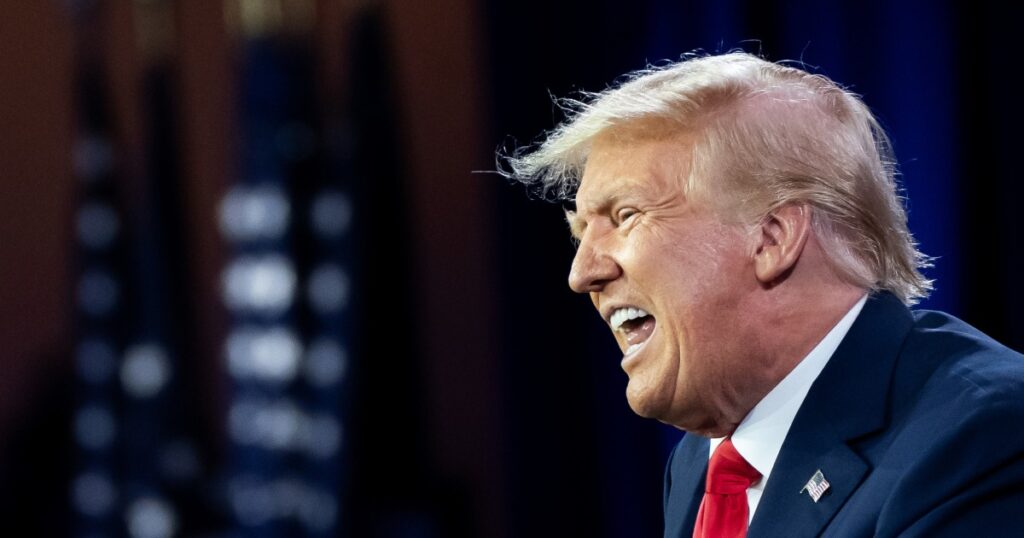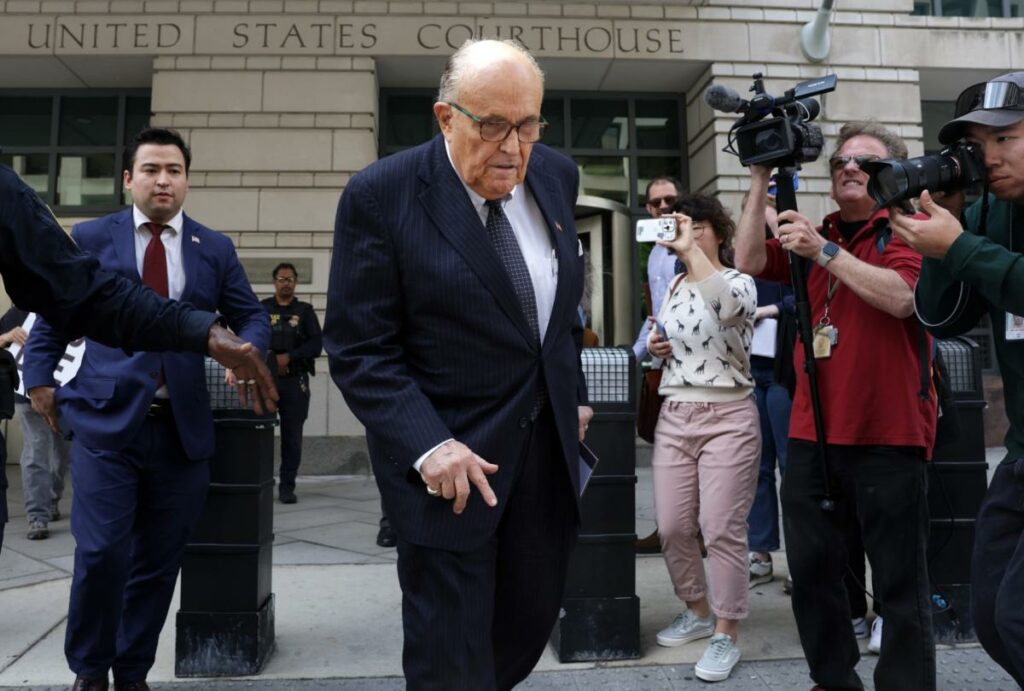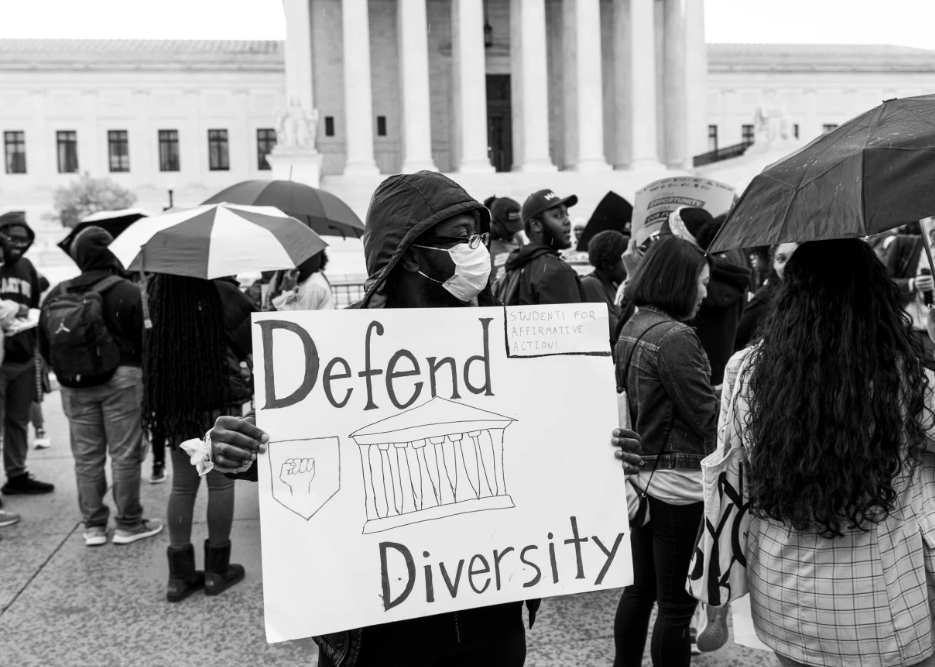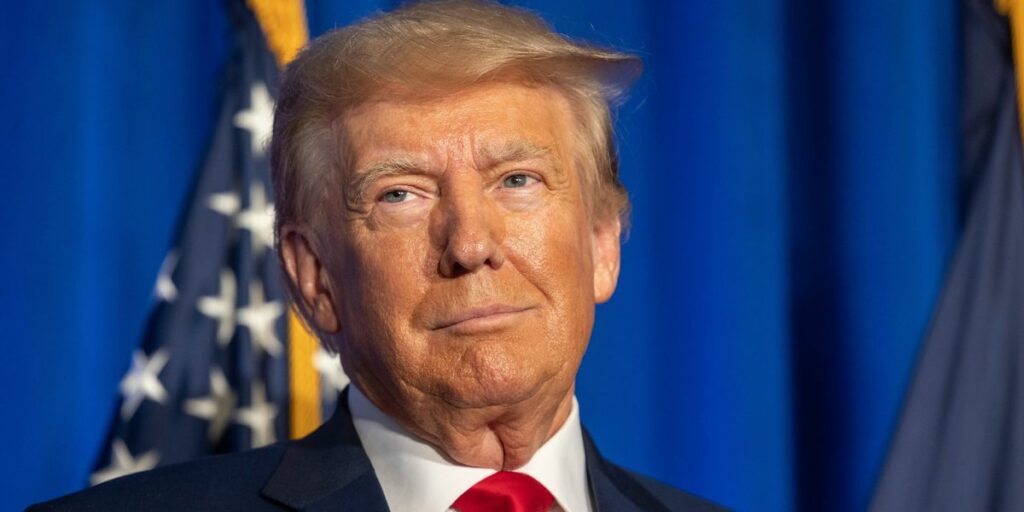Supreme Court Justice Sonia Sotomayor is facing an ethics controversy that has raised concerns about the exploitation of power within the highest court in the land. Recent reports reveal that Sotomayor’s staff has been using public resources to promote and sell her books, while she has failed to recuse herself from legal cases involving her book publisher. Although she hasn’t violated any laws, this behavior raises ethical questions and highlights the need for reform within the Supreme Court.
Some may argue that Sotomayor’s actions are minor compared to previous ethics scandals involving other justices. However, this comparative lens distracts from the larger issue at hand. It is clear that the Supreme Court lacks the necessary guardrails to prevent the exploitation of power, regardless of political affiliation. This underscores the urgency for ethics reform within the court.
The Associated Press report reveals that Sotomayor’s staff actively encouraged venues to purchase her books, which have earned her millions of dollars since she joined the Supreme Court. While the court defends these book sales as a way to meet audience expectations, there are problems with this defense. Event logistics should be the responsibility of the book publisher, not Sotomayor or her staff. Furthermore, records indicate that staff members were not just managing expectations but actively trying to maximize book sales. This raises concerns about the misuse of public resources for personal gain.
It remains unclear how much Sotomayor knew about or was involved in this behavior. However, it is possible that other justices who have written commercial books have had their staff engage in similar practices. This further emphasizes the need for transparency and accountability within the Supreme Court.
While members of Congress and the executive branch are prohibited from using government resources for personal financial gain, there are no such restrictions for Supreme Court justices. This discrepancy is concerning and begs the question: why should the highest court in the land be exempt from ethical standards?
Fortunately, some Democrats are taking action to address these issues. Senators Sheldon Whitehouse and Dick Durbin are leading the effort to pass the Supreme Court Ethics, Recusal, and Transparency Act. This bill aims to establish an enforceable code of ethical conduct, improve financial disclosure standards, and strengthen recusal requirements to reduce conflicts of interest. These measures would discourage justices and their staff from engaging in potentially corrupt conduct.
While Sotomayor’s conduct may not be the most egregious example of misuse of power, it is still an error that should not be dismissed. As a liberal Supreme Court justice, one would expect her to be more vigilant against such behavior. This incident serves as a reminder that blind trust is not enough to protect the public. We need clear rules and regulations to ensure the integrity of the Supreme Court.
Instead of pointing fingers elsewhere, it is crucial to call for Supreme Court ethics reform through Congress. The time for change is now, and it is up to us to demand a higher standard of conduct from our highest court.
Unveiling the Importance of Addressing Sonia Sotomayor’s Conduct: Time for a Solution
In the realm of the United States Supreme Court, the conduct of its justices is of utmost importance. These individuals hold immense power and influence, shaping the legal landscape of our nation for generations to come. It is therefore crucial to address any concerns regarding their conduct, ensuring the integrity and impartiality of the highest court in the land. One such concern that demands attention is the conduct of Justice Sonia Sotomayor.
Justice Sotomayor, appointed by President Barack Obama in 2009, has been a prominent figure on the Supreme Court for over a decade. While she has undoubtedly made significant contributions to the legal field, her conduct has raised eyebrows and sparked debates among legal scholars and the public alike. It is imperative that we delve into these concerns and explore potential solutions to maintain the integrity of the Supreme Court.
One of the primary concerns surrounding Justice Sotomayor’s conduct is her perceived lack of impartiality. A justice must be impartial, free from any personal biases or prejudices, in order to render fair and just decisions. However, Justice Sotomayor has been criticized for her public statements and actions that suggest a bias towards certain political ideologies or interest groups.
For instance, during her confirmation hearings, Justice Sotomayor famously stated that a “wise Latina woman” would often reach better conclusions than a white male judge. While she later clarified her statement, claiming it was taken out of context, it nevertheless raised concerns about her ability to approach cases without preconceived notions. This incident, along with others, has led many to question whether Justice Sotomayor can truly be impartial in her decision-making.
Furthermore, Justice Sotomayor’s conduct outside the courtroom has also come under scrutiny. She has been known to engage in public political discussions, often expressing her personal opinions on contentious issues. While justices are entitled to their own beliefs, it is crucial that they maintain a certain level of decorum and refrain from engaging in partisan activities that may compromise their impartiality.
Addressing these concerns is not an attack on Justice Sotomayor as an individual, but rather a necessary step to uphold the integrity of the Supreme Court. The Court’s decisions impact the lives of millions of Americans, and it is essential that the justices remain above reproach. Failure to address these concerns could undermine public trust in the judiciary and erode the legitimacy of the Court’s decisions.
To find a solution, it is imperative that we establish a clear code of conduct for Supreme Court justices. This code should outline the expectations and responsibilities of justices, emphasizing the importance of impartiality, professionalism, and the avoidance of partisan activities. Additionally, mechanisms for addressing potential violations of this code should be put in place, ensuring accountability and transparency.
Moreover, it is crucial for the Senate Judiciary Committee to thoroughly vet and scrutinize nominees for the Supreme Court. This process should include a comprehensive examination of the nominee’s past statements, actions, and conduct to ensure their suitability for the position. By conducting a rigorous evaluation, the Senate can help prevent potential issues from arising in the future.
In conclusion, the conduct of Supreme Court justices, including Justice Sonia Sotomayor, is of paramount importance. Upholding the integrity and impartiality of the Court is crucial to maintaining public trust and ensuring the legitimacy of its decisions. By addressing concerns regarding Justice Sotomayor’s conduct and implementing a clear code of conduct for all justices, we can work towards a solution that preserves the integrity of the Supreme Court and safeguards the principles upon which our legal system is built.









